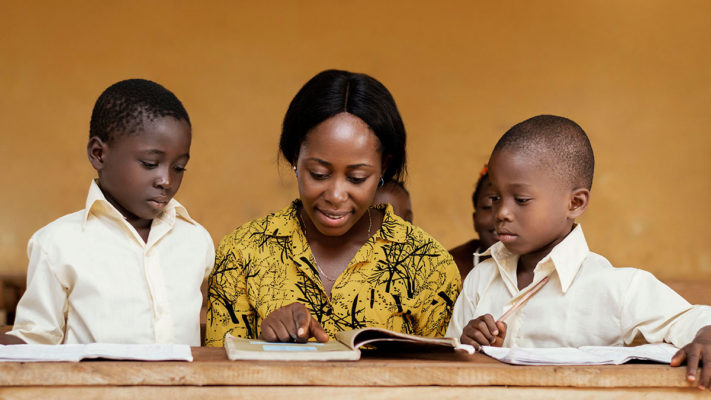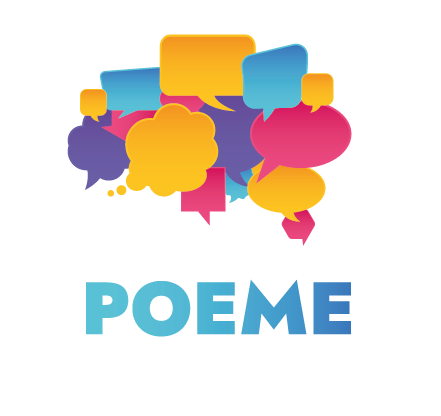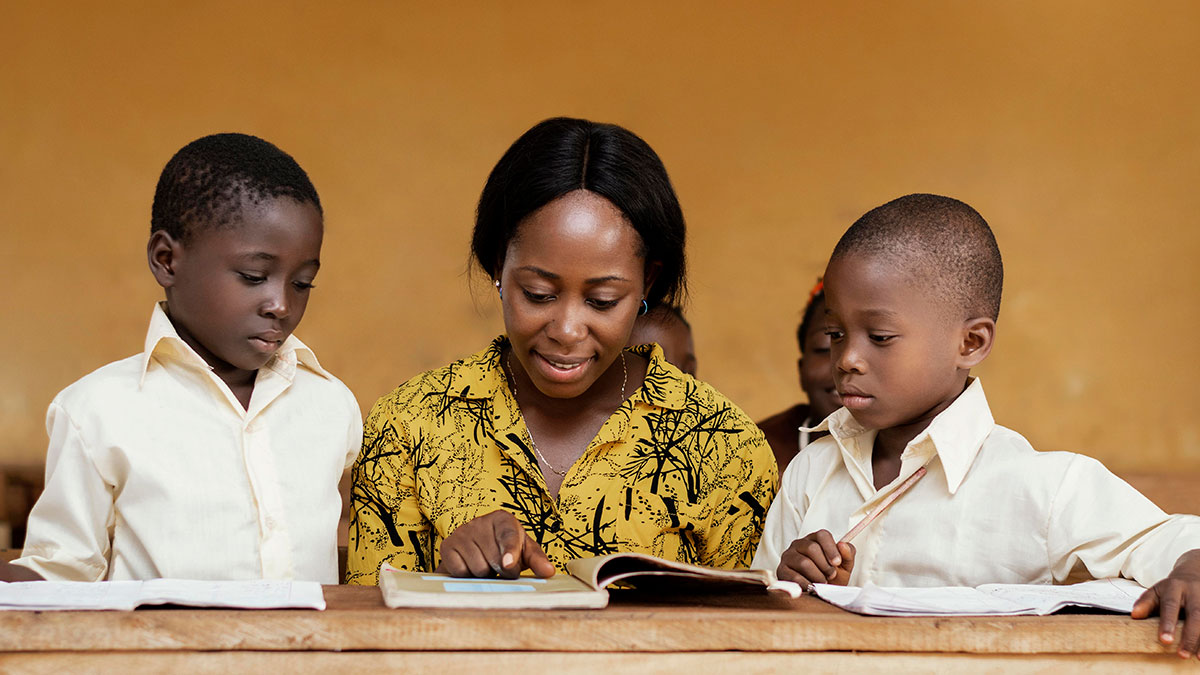The basic human right of education cultivates meaningful principles which foster the coexistence of diverse people in a socially coherent context, where trust and resilience are dominant. Nevertheless, migrant children can have difficulties gaining full access to education.
The emergent question here is “How are we going to facilitate the integration of migrant children without support from the education system?
As Manzoni and Rolfe (2019) argue, schools play a crucial role in welcoming migrants and their families and helping them develop stabile “footholds” in the new reality to which they are introduced. The adaptation process though should be implemented in a way that the ethinc identity of the migrants is maintained and ideally combined with the acquisition of cultural competences which facilitate the whole integration process.
The term “Social anchoring” refers to the aforementioned process and can take place either geographically or culturally and socially involving the gain of new anchors while perhaps letting go of others (Grzymala-Kazlowska,2018). As stated by APA, social anchoring can also “imply an inability to make an independent judgement, whereas social comparison involves assessing one’s position relative to that held by others”. Therefore, integration of migrant children in the education system should not only be done within the scope of adaptation. The goal here is to promote a pedagogical model which respects the diversity of the students while at the same time aspires to shed light on the optimal capacities of them and boost the less developed ones. This practice can only take place within the spectrum of equality and mutual intercultural understanding.

School acquiring its essential role:
Regarding the linguistic difficulties that migrant children might face, a translanguaging approach can possibly support educators in finding pedagogical tools to maintain and develop students’ linguistic and cultural competences. Addressing cultural differences as an asset rather than a hindrance can appear to be beneficial (Iliescu,2017). It is important though to ensure that migrant students learn the language of instruction while maintaining a relation with their mother tongue.
Another key point that requires our focus is the importance of not treating bilingual students differently from others, so that being different is not recognized as a problem per se. (Jensen et al.,2012).
Overall, the public education system as a whole should incorporate all languages since they acquire a key role in children’s development. In addition to this, the Commission of the European Communities (2008) suggests that , as much as possible, educators should speak the migrants’ mother tongue.

Poeme project aspires to create the educational tools needed to support teaching and learning in the aforementioned context. The development of inclusive instructive tools will facilitate the work of teachers who are engaged in intercultural schooling.
Article by IASIS NGO
References:
- APA, 2022. American Psychological Association. [Online]
Available at: American Psychological Association
[Accessed 6 June 2022]. - Grzymala-Kazlowska, Aleksandra. 2016. Social anchoring: Immigrant identity, security and integration reconnected? Sociology, 50(6): 1123–1139.
- Grzymala-Kazlowska, Aleksandra. 2018. From connecting to social anchoring: Adaptation and ‘settlement’ of Polish migrants in the UK. Journal of Ethnic and Migration Studies, 44(2): 252–269.
- Jensen, Tina G., Tørslev, Mette Kirstine, Weibel, Kathrine and Vitus, Kathrine. 2012. Integration, difference and (anti)discrimination in Danish Primary and Lower Education: Working Paper EU-TOLERACE. Socialforskningsinstituttet.
Available at: https://pure.vive.dk/ws/files/345110/WorkingPapers_4_Denmark.pdf
[Accessed 6 June 2022].
- Iliescu, Catalina G. 2017. Arguments for a translanguaging approach to the case of Romanian diaspora in Spain. Philologica Jassyensia, 2(26): 281–293.
- Manzoni, Chiara and Rolfe, Heather. 2019. How Schools Are Integrating New Migrant Pupils and Their Families. London: National Institute for Economic and Social Research (NIESR).
Available at: https://www.niesr.ac.uk/wp-content/uploads/2021/10/MigrantChildrenIntegrationFinalReport.pdf
[Accessed 6 June 2022].





